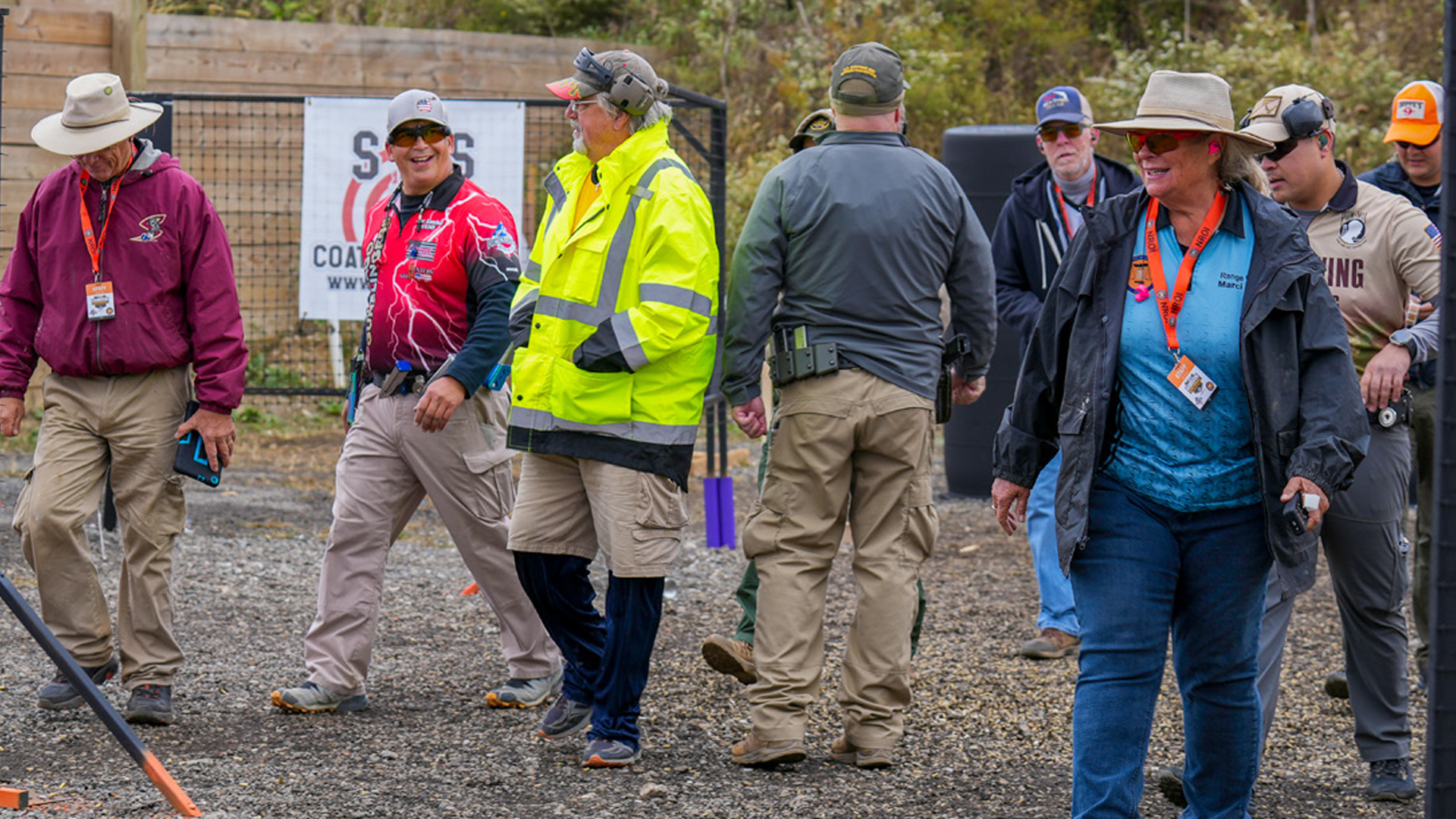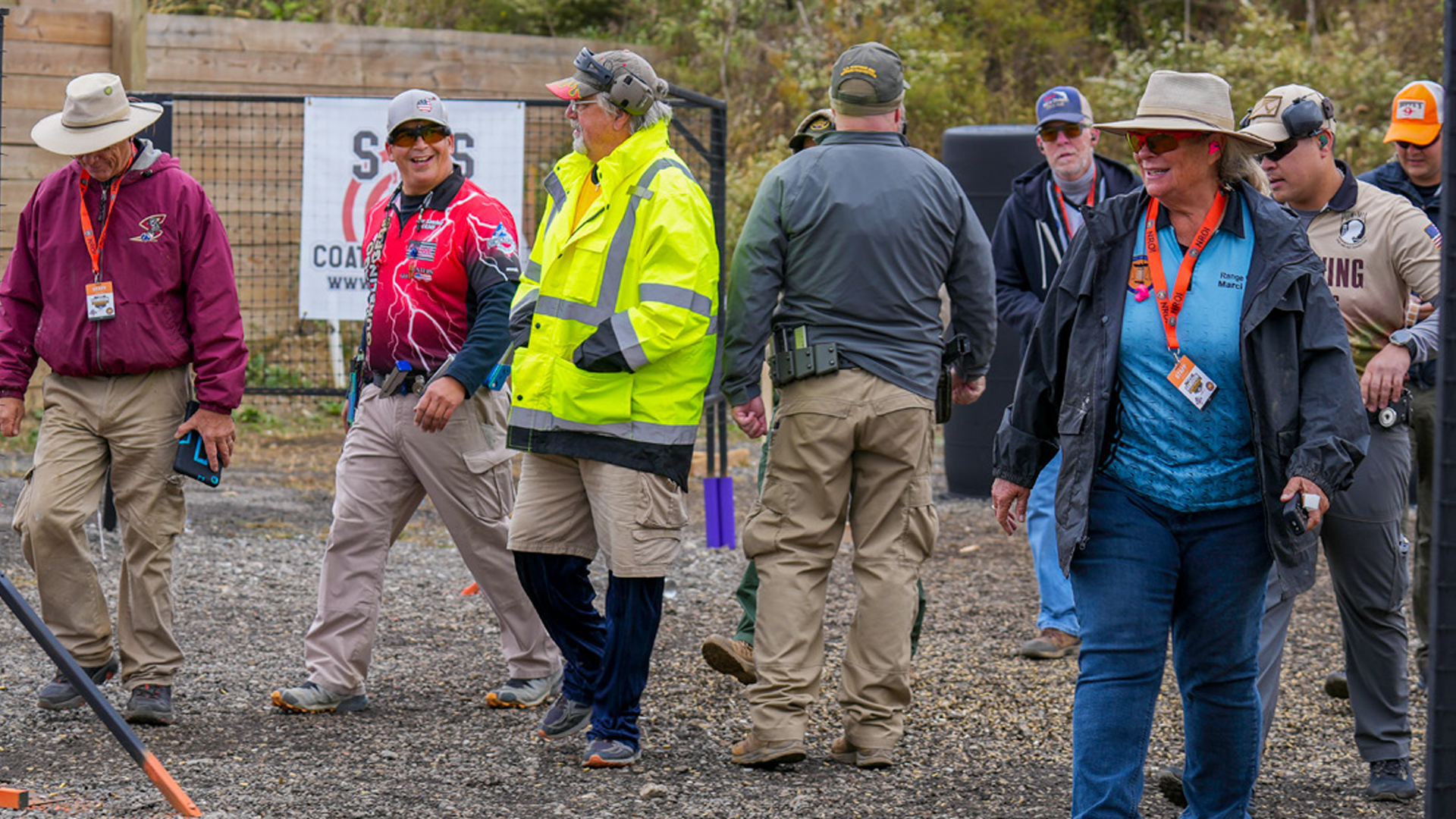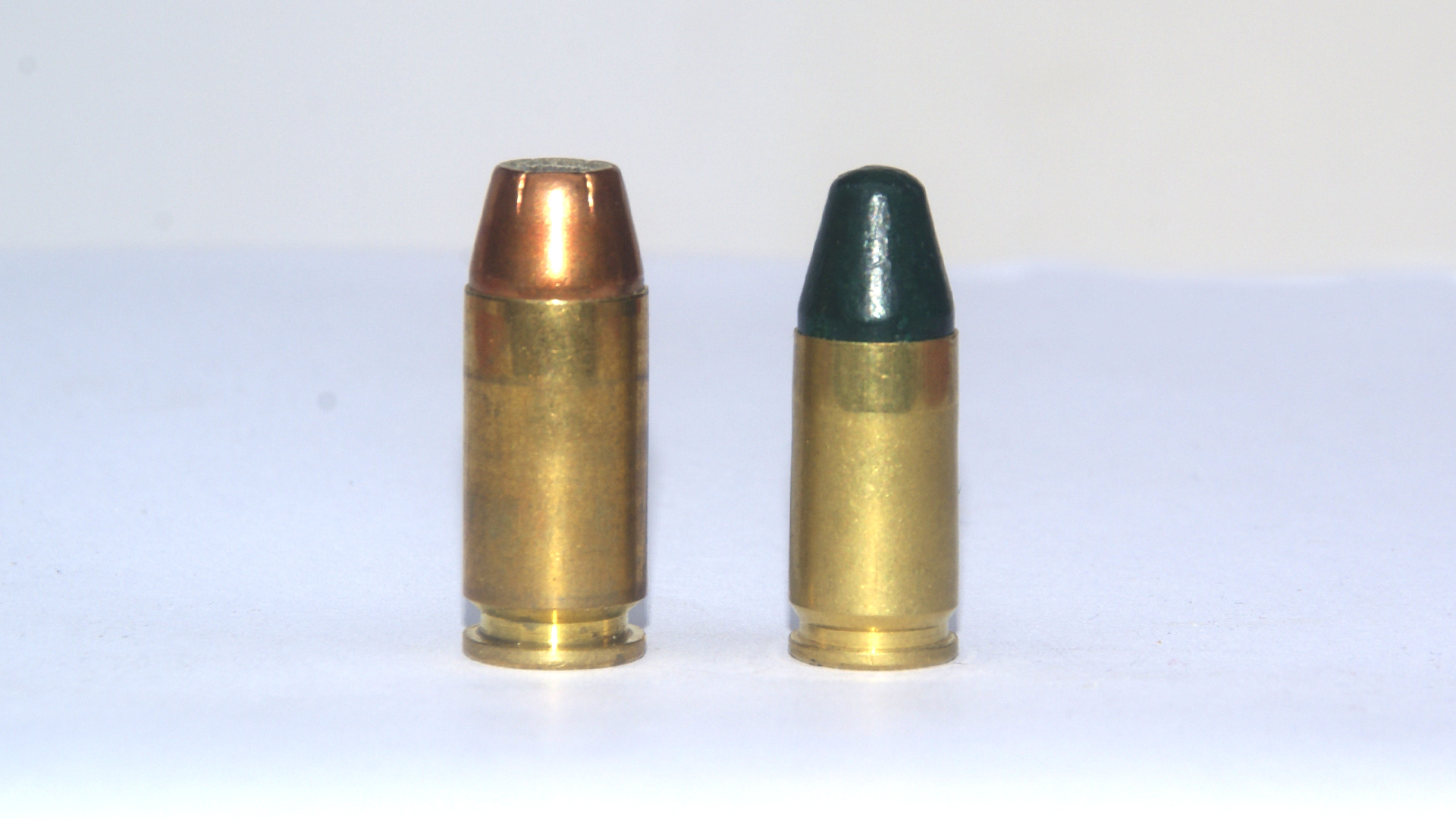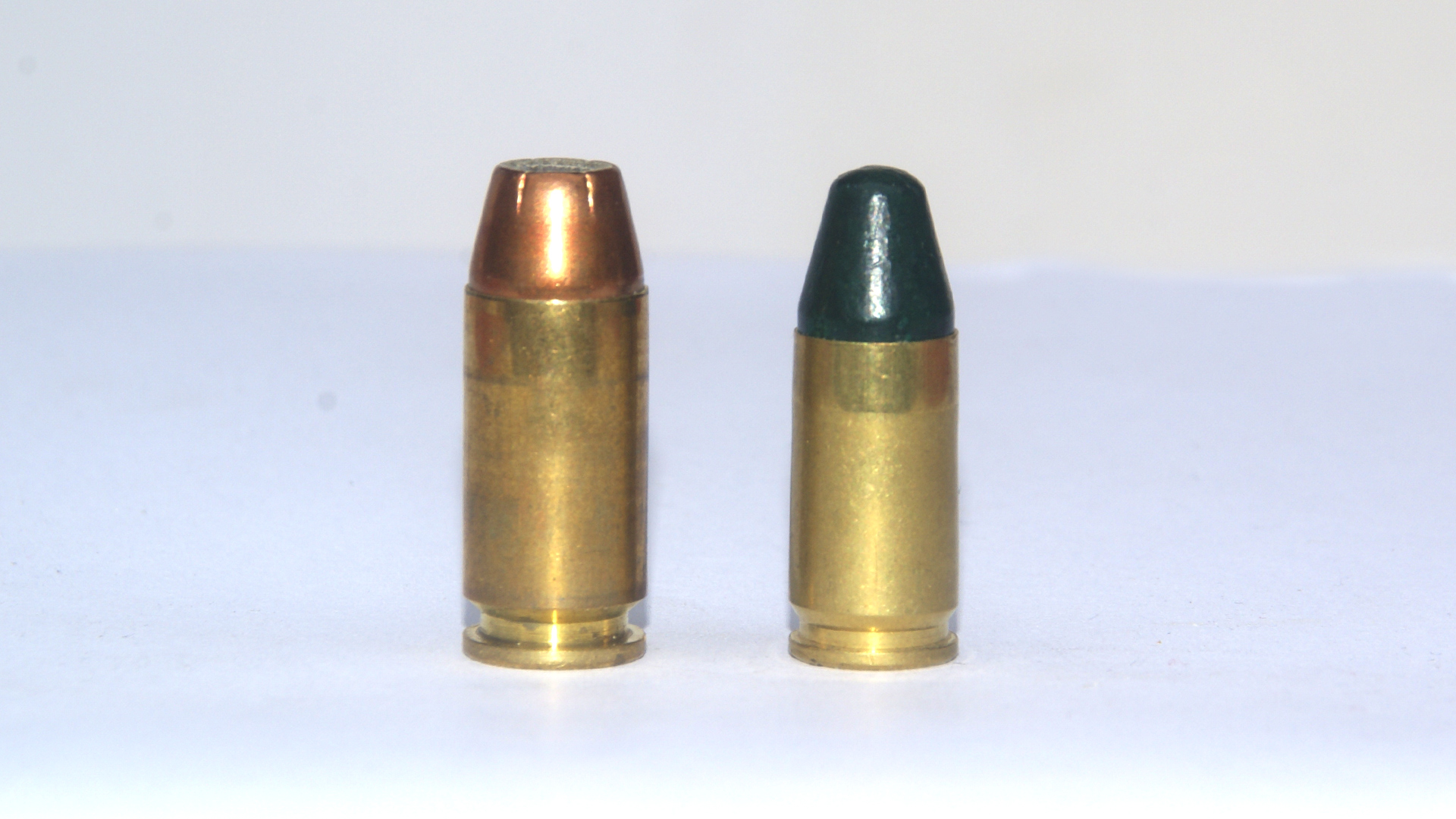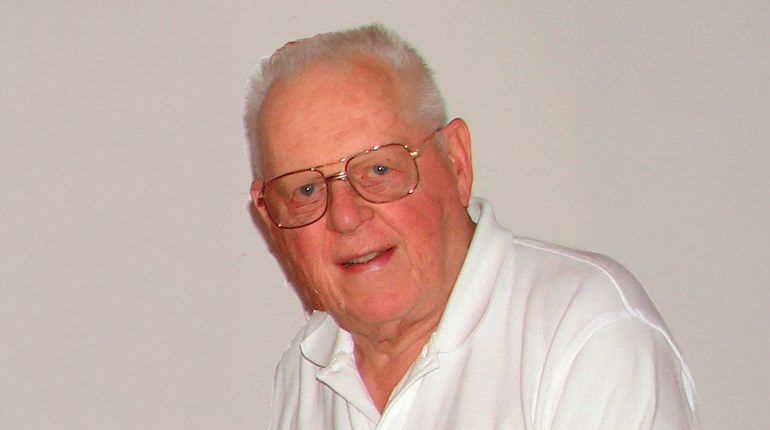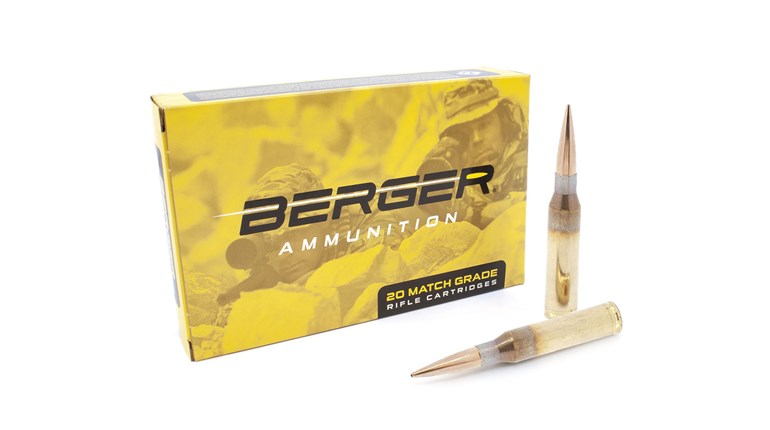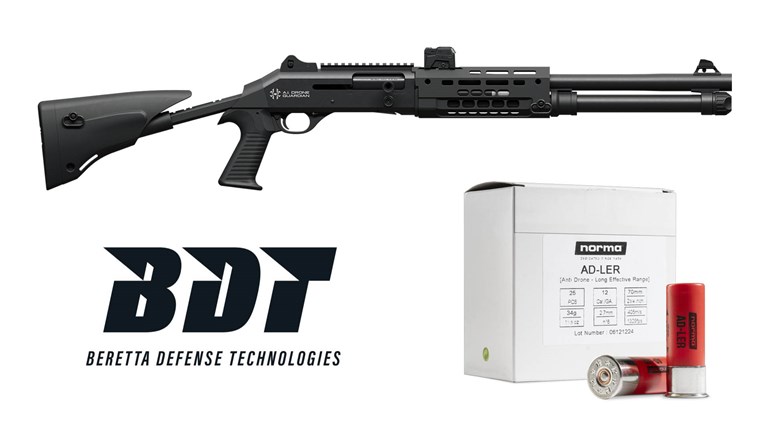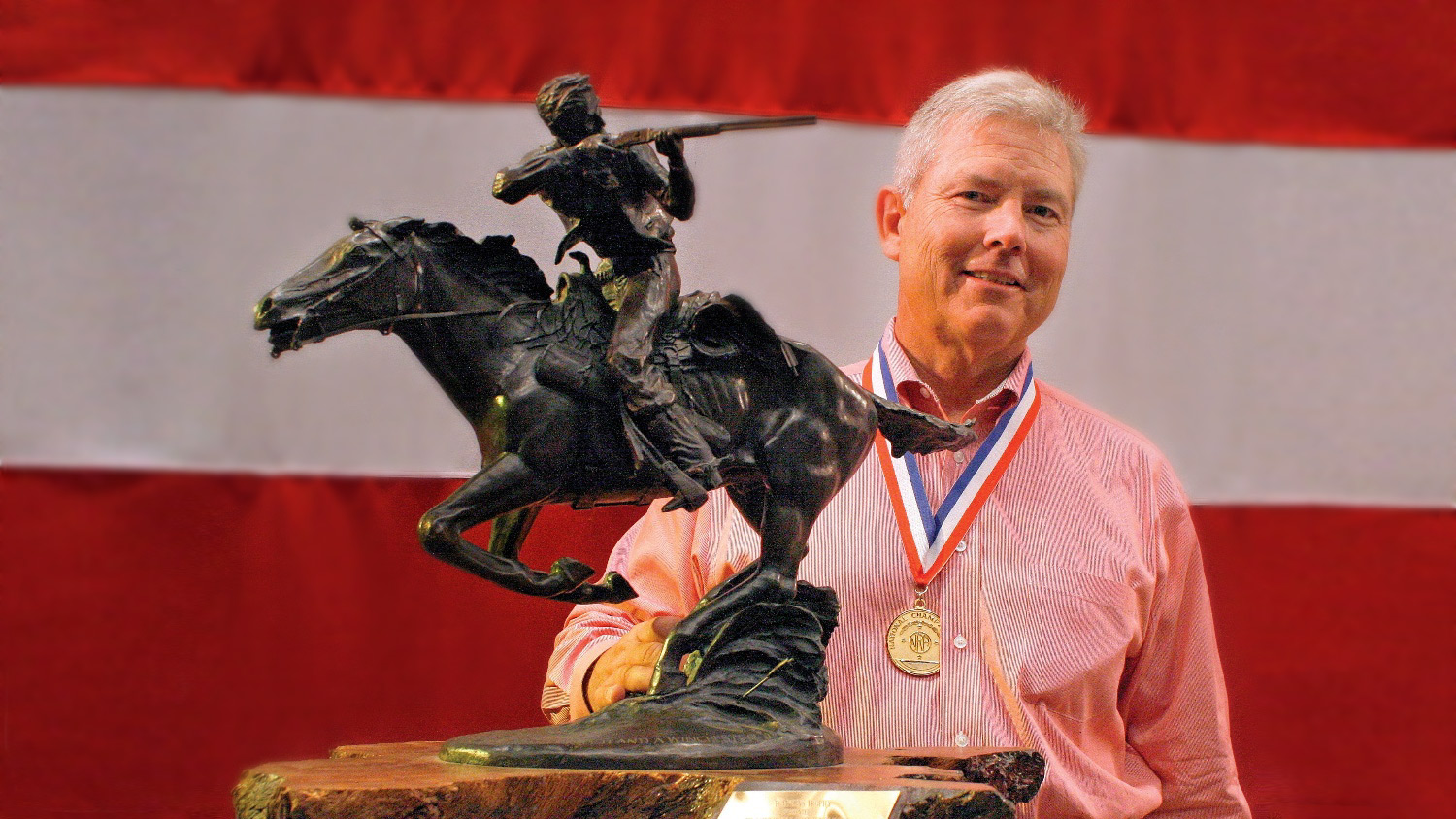
Above: David Tubb added to a very long list of National Titles when he outshot 317 fellow competitors to win the 2011 NRA Long Range National Championship at Camp Perry, OH.
Many of you are aware of the long-term and ongoing association I’ve had with David Tubb. We have worked together to produce two instructional books. The first, Highpower Rifle, began in concept in 1990. That was the first time I sat down with David and began to learn what he knew. I learned a lot of new things after our first talks. As a matter of fact, David was sharing ideas I had never associated with the commonly accepted mechanics and techniques of NRA High Power Rifle. The other book was The Rifle Shooter. Of course, all the specifics are contained in those books (they are each quite detailed), but let’s just say here that it was eye opening.
To say that David had some influence on my shooting is, of course, an understatement of massive proportion. After being so “close” to the material I have worked to develop with David, I probably know his shooting credos as well as anyone, short of David himself. I can relay the ultimate rewards I’ve received from that association. One is that I went from Expert to High Master, almost immediately. I came back from my first visit to his home in Canadian, TX, and shot a 482/500, when my previous highest score had been 465/500. He “fixed” at least a half-dozen major problems I had, and from that point forward, my technical skills got better and better.
Although I initially copied everything I learned, I found that I couldn’t get what I thought I had coming to me with a mirror-mold of David. For one, we’re not built the same. For two, we’re not shooting the same rifle. For more, I’m quirky when it comes to mechanics. I therefore started off by exaggerating the fool out of everything new that I knew. However, this little work you’re reading here now is not about position mechanics or shooting technique. It’s about learning something more influential.
It’s hard to fathom closing the cover on his book Highpower Rifle without understanding the value of experimentation. Virtually the entire concept of what David does involves scrutiny, criticism and change. If it works better, it will become the “new” way he’ll do it from then on. Well, from then until the next successful experiment, at least.
Point here is that it’s less correct to say, “I’m going to cant the rifle just like David Tubb,” and more correct to say, “I’m going to experiment with canting the rifle as David Tubb suggests.” That’s the spirit.
The two most valuable things I learned about shooting mechanics and technique had zero to do with the angle of my left forearm or the placement of my finger on the trigger. I learned, first, to be critical and thorough. Understand exactly the model of mechanics that you “are.” Know exactly what you do, in all facets, before trying something different. Next, I learned to follow a process of experimentation—calculated and thoughtful experimentation. A deviation from the “control,” must be introduced within a narrow scope, using few variables. Or we could say “one thing at a time,” is best.
Ultimately, though, it wasn’t technical help that really “got me over.” Actually, I had been working so hard, and still do, on the technical help, that I began taking those steps for granted. The quest for continual change became the only unchanging part of my shooting decisions. No, what sincerely brought me around the corner and kept me there was the simple presence and experience of conversations with the man.
This, now, should be clear why I’m writing this, and taking so much time doing it. That is the one thing that I’m not entirely sure I can get across. The result of the hours and hours and hours of talks we’ve had on competitive shooting are distilled into the pages of his books. The impression I’ve gotten of David Tubb is of a volume beyond any reason.
David’s skill with a rifle is uncanny, but his skill in his “self” is unearthly. There are people who can hold the rifle as still as David, when that matters, and there are decidedly people whose ammunition and equipment are every bit on par. There are many who spend (way) more time and effort yearly in training. David has high expectations for himself and I honestly didn’t realize just how low mine were for myself. In one early talk, he was using an example of a “bad” standing event target score that was, at that time, one dozen points better than my then best! I held still and nervously nodded my ascension in agreement of the anguish of that terrible target. But the talks continued and the examples continued. Not always scores to compare, but a focus on performance expectations was what shook me wonderfully awake. Was it shame? I don’t think so, because having David talk about “bad,” under the definition he used, was incredible motivation and ultimately somewhat calming. I suppose that many who habitually carry combative auras might have thought he was thumping an index finger into their chests, as if being happy with a 190 was grounds for making penance. It was actually grounds for praise, or at least it was for me. Funny thing, though, was that no time passed before I got almost all those dozen points and was already all the way up to what David considered a bad score. I am to this day happy with what David Tubb considers a personal bad score! I had been in the immediate presence of possibly the greatest rifle shooter on Earth for five solid days. All the new ideas I would go home to try, but the one that mattered most was what I took home with me after that first hour of conversation.
I found that simply expecting myself to fire each shot in accordance with a higher standard, provided a majority of the changes in my mechanics and technique. They came about because I had changed my thinking away from perfecting what I was already trying to do, and decided I had better first determine if my efforts should be directed differently. As simple as that may seem, if you don’t already know the road you’re on, it’s tough to make the turns needed to arrive at a new destination.
I taught myself what it took to expect a clean score on every Rapid Fire target, for instance, and actually step up to that level. I can tell you that, for me, a much more keen awareness toward precision in the placement of and pressures against the rifle had a huge influence. Learning more patience, more efficiency in establishing my best position, a more defined and respected sense of natural alignment, likewise taught me the changes I needed to make in mechanics. If you set higher standards for yourself, you’ll soon see the correspondingly higher level of precision and consistency necessary to meet those standards.
The overall impression I gained from listening to the process and specifics on shooting in David’s company was that it’s not always necessary to do differently, but it is to think differently. I finally felt like my shooting experiences were in my own hands. They weren’t up to anything or anyone else. I could find my own way through my questions by following the lead of David Tubb, which is, above all else, not taking “no” for an answer. He doesn’t. That means, to me, not accepting the status quo if something better needs to be uncovered. And it’s not necessary to struggle, and it’s not wise. Make it easy.

